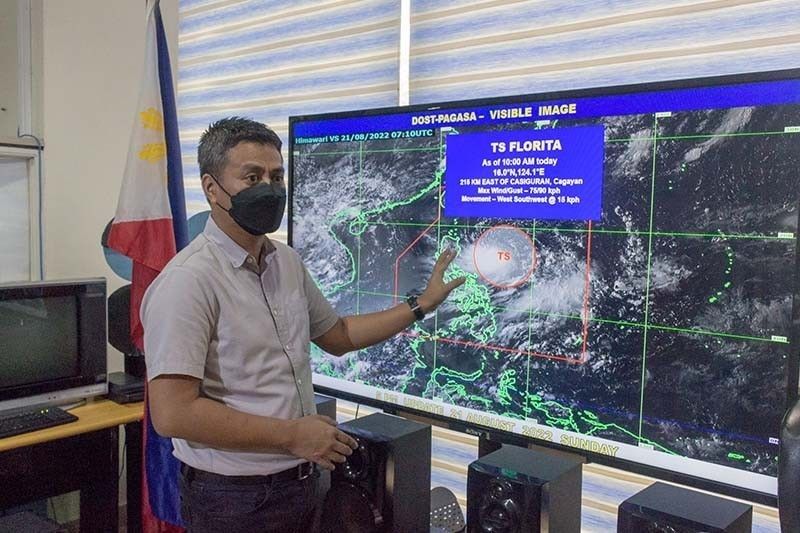PAGASA launches impact forecasting to reduce risks, improve preps

MANILA, Philippines — State weather bureau PAGASA on Wednesday officially launched its project on impact-based forecasting, which will help authorities and the public take action even before a hazard occurs.
The P1.2-billion impact-based forecasting for flood, landslide, severe wind and storm surge, and early warning system project translates meteorological and hydrological hazards into sector- and location-specific impacts.
Impact-based forecasting focuses on the preventive aspects of disaster management by communicating "what the weather will do" instead of "what the weather will be."
This paradigm shift is vital to save lives and livelihoods as the economic and human impacts of extreme weather events and climate change increase.
The Philippines is one of the countries most at risk from the impacts of climate change such as strong cyclones and floods, with poor and rural communities bearing the brunt of disasters.
"By focusing on impacts, disaster management agencies, local government units, and the general public will have a better understanding of risks, will likely take appropriate actions because you can now imagine the disasters that will happen," Department of Science and Technology Secretary Renato Solidum Jr. said.
The project also aims to increase the generation of climate information in decision-making, to strengthen adaptive capacity and reduced exposure to climate risks, and to strengthen institutional and regulatory systems for climate-responsive planning and development.
Five-year project
The multi-hazard impact-based forecasting project is the first Green Climate Fund program in the Philippines. The GCF is a fund established within the framework of the United Nations Framework Convention on Climate Change as an operating entity of the Financial Mechanism to assist developing countries in adaptation and mitigation practices to counter climate change.
The project will be undertaken in Tuguegarao City in Cagayan, Legazpi City in Albay, Palo in Leyte, and New Bataan in Davao de Oro. These sites are vulnerable to hazards such as strong wind, flood, storm surge and landslide.
The project will run for five years, from 2022 to 2027.
PAGASA is the lead executing entity and the Land Bank of the Philippines is the direct access entity.
The Department of Interior and Local Government, Office of Civil Defense, Department of Environment and Natural Resources-Mines and Geosciences Bureau, the United Nations’ World Food Programme, and local government units in Cagayan Valley, Bicol region, Eastern Visayas, and Davao region.
Other collaborators include the National Economic and Development Authority, Department of Finance, Climate Change Commission, and Philippine Commission on Women.
- Latest






























